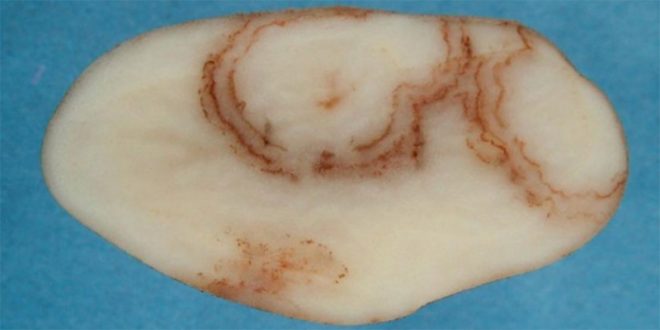Cornell Launches New Lab to Combat the Golden Nematode

Cornell University has launched a new research lab to combat the golden nematode, a small pest which is considered by the United States Department of Agriculture “to be potentially more dangerous than any of the insects and diseases affecting the potato industry,” according to Ithaca Voice.
The new Golden Nematode Quarantine Facility will allow scientists from the College of Agriculture and Life Sciences and USDA to develop modern strategies for protecting New York’s potato crop and preventing nematodes from spreading. The facility upgrades were funded with a USD1.2m state grant and USD400,000 from the federal government.
According to Kathryn Boor, Ronald P. Lynch Dean of CALS, who was cited by the report, with the new state-of-the-art research equipment, the facility will be able to serve a farmer’s front line of defense against these invasive pests and be able to mitigate new threats.
The pest, which forms cysts on potatoes, but also tomatoes, can survive in the soil for up to 30 years. Since its initial detection in 1941, it has been identified in nine New York counties, but strict quarantine measures have prevented it from spreading more widely.
Nematodes are generally managed by planting resistant potato varieties and rotating crops that not harbor the pest while quarantining crops from infested areas. The process is time-intensive and requires biological research innovation to maintain crop resistance while pest adapts.
In this context, the lab is a win-win for potato farmers and Cornell, preventing the potential catastrophic spread of the golden nematode and advancing cutting edge research, noted the report.

















